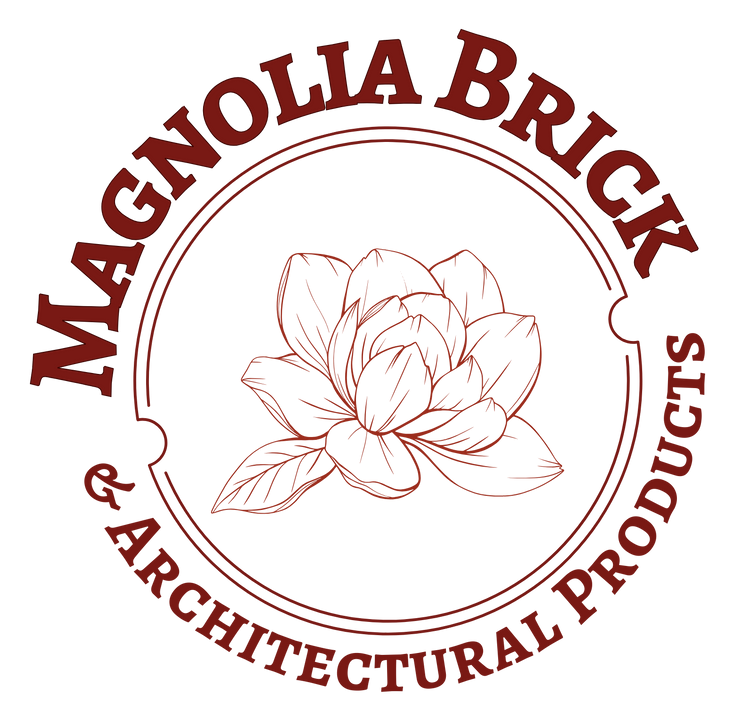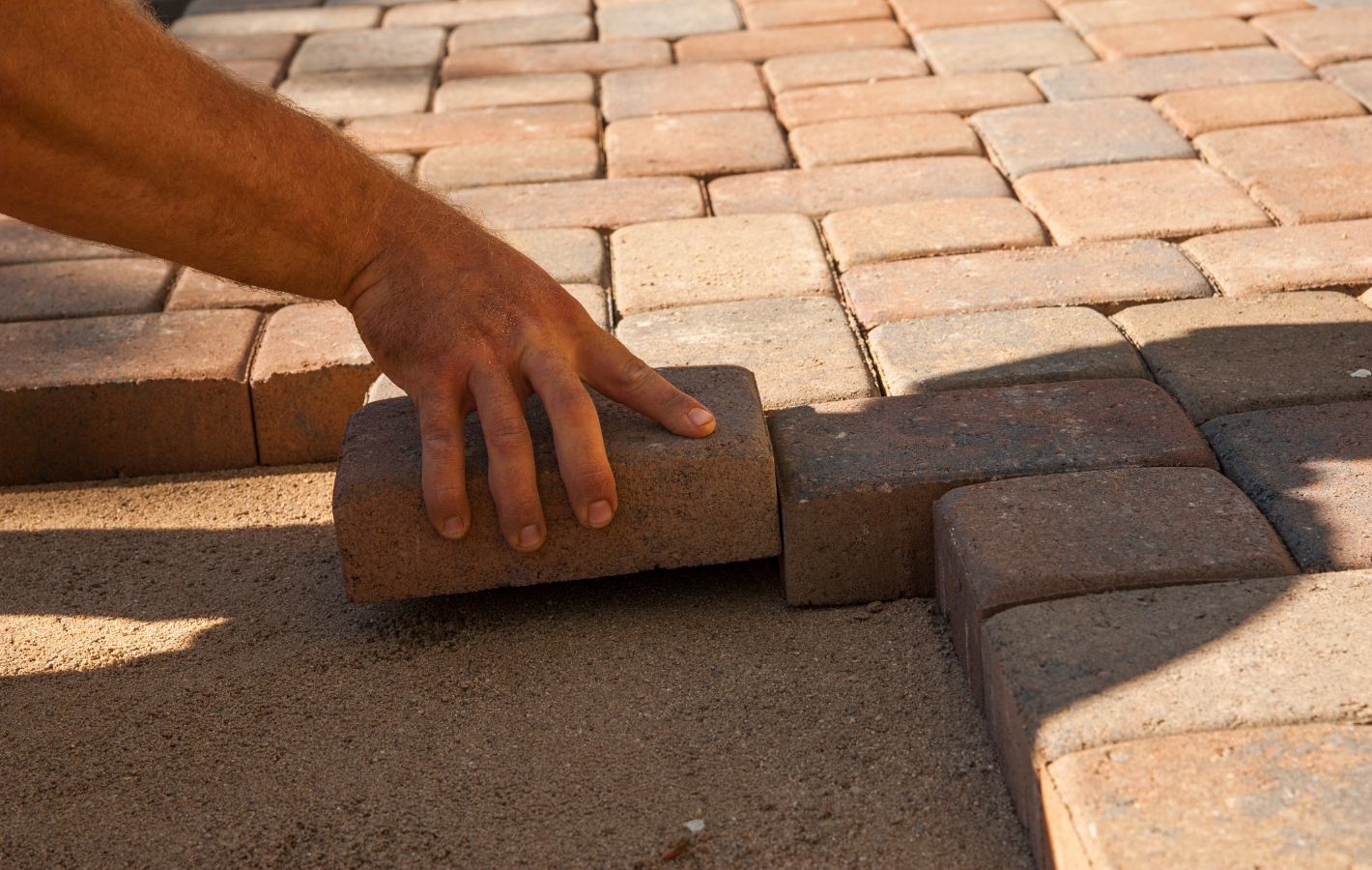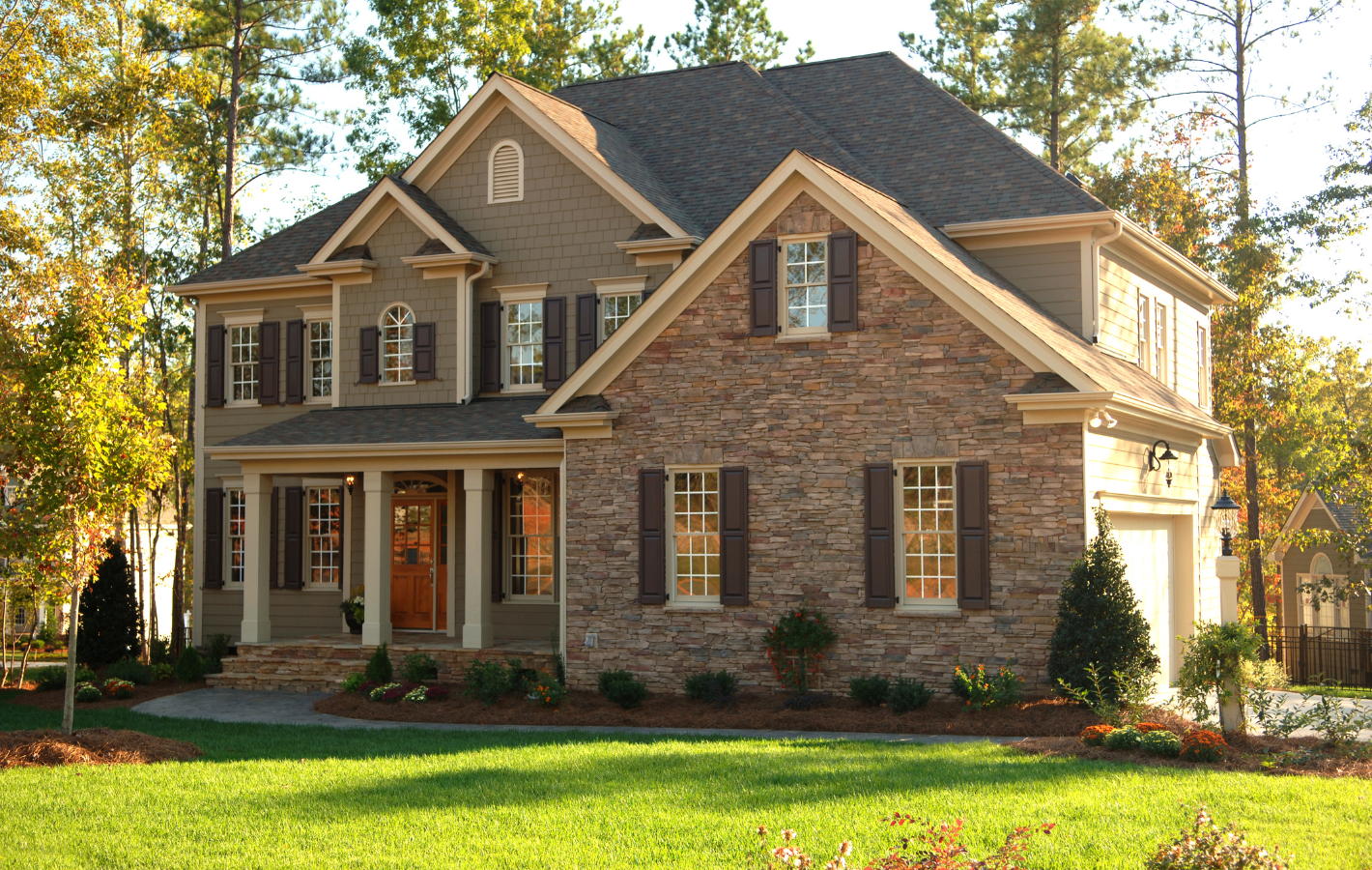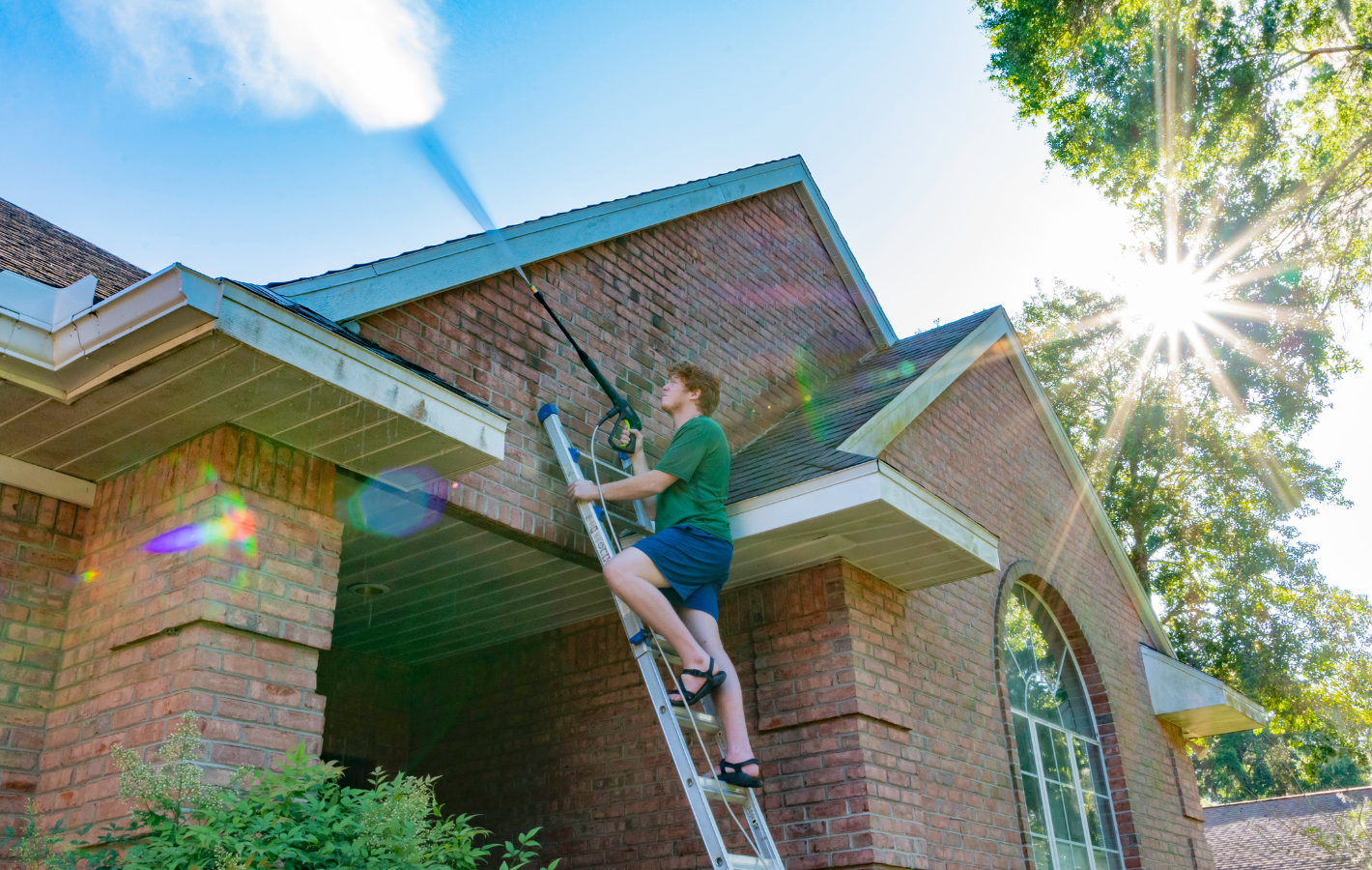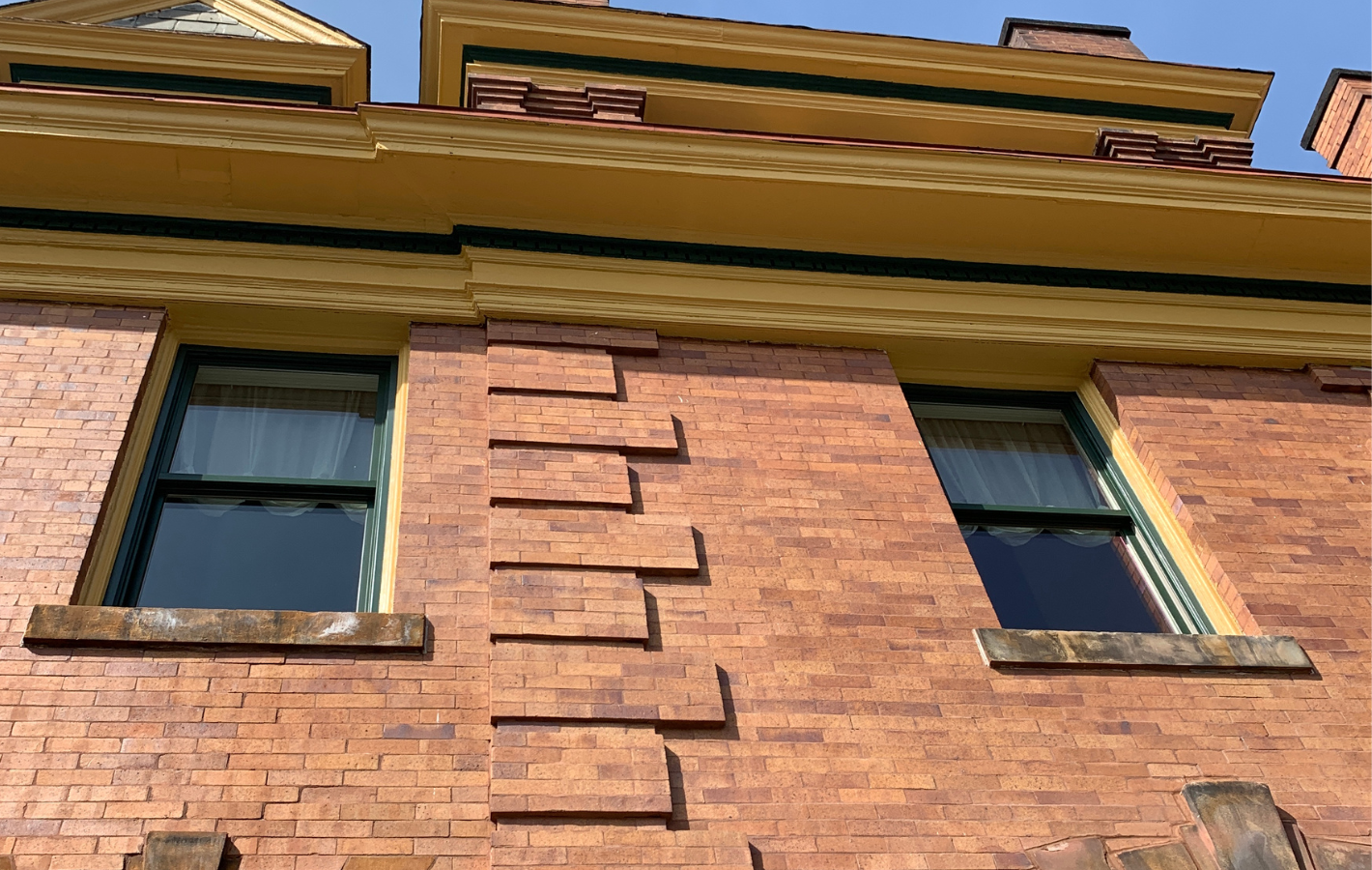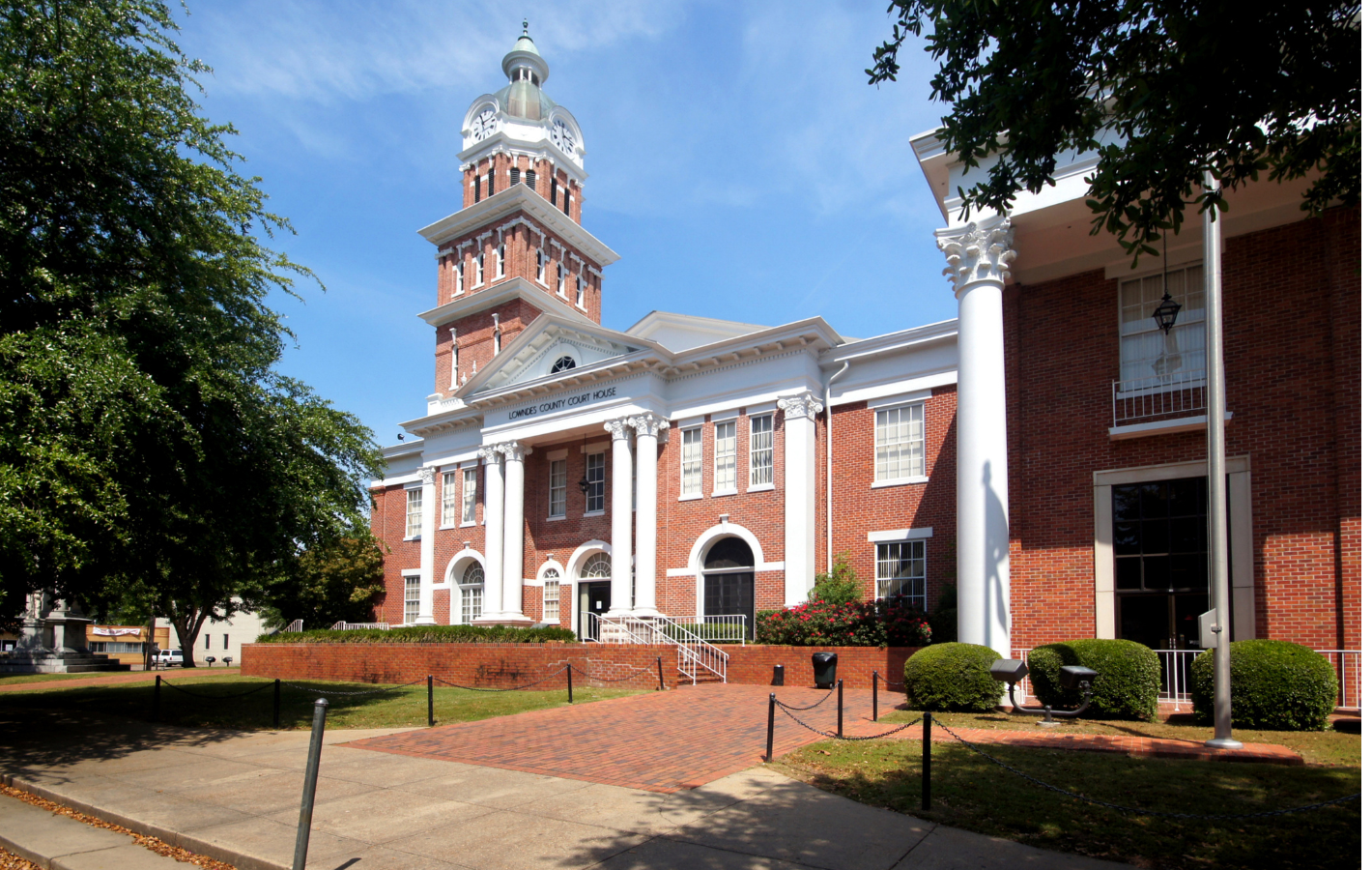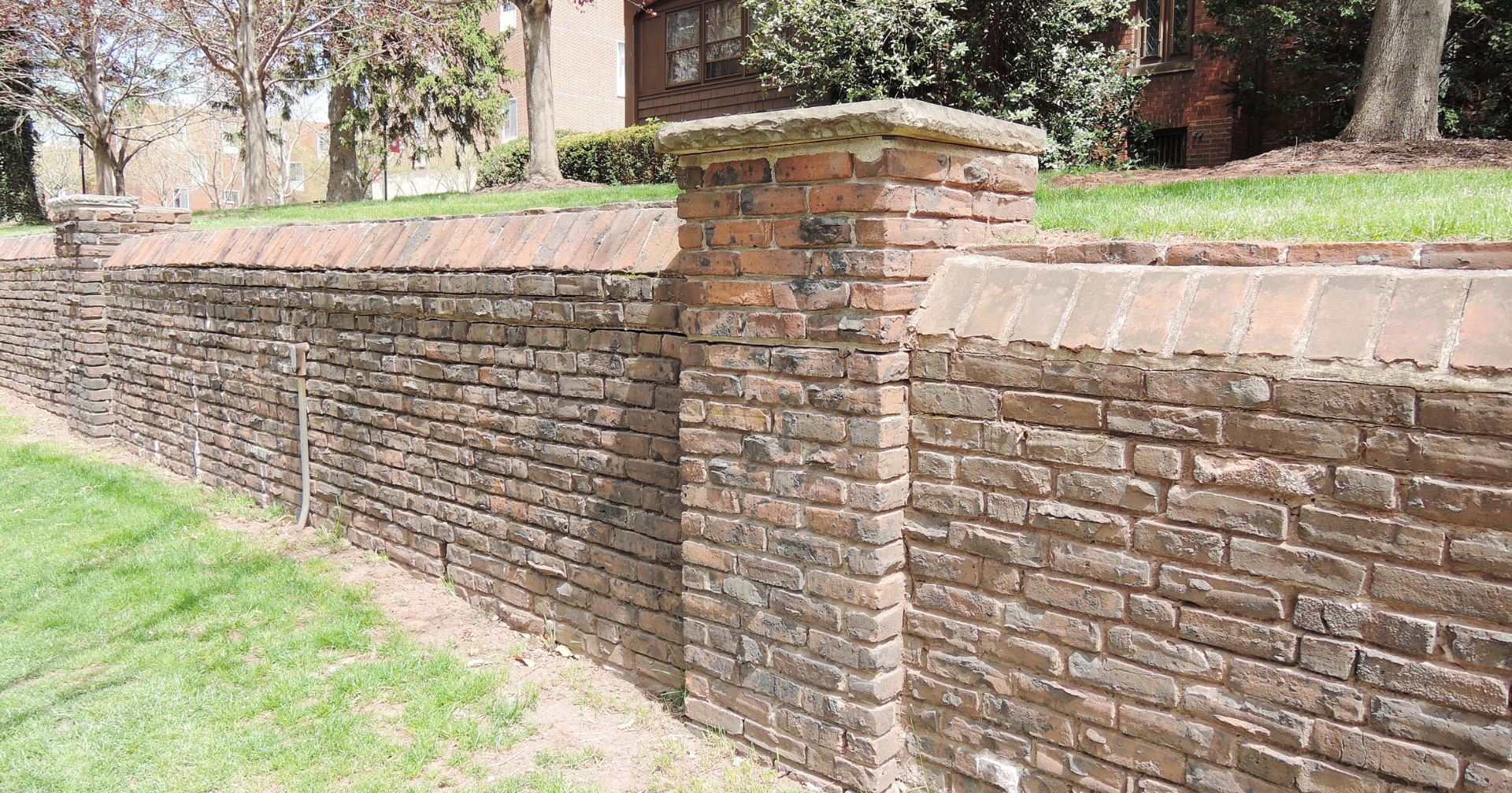
Are All Bricks Fire-Resistant? Understanding Brick Fire Ratings
Are All Bricks Fire-Resistant? Understanding Brick Fire Ratings
Bricks have long been celebrated for their durability and versatility in construction, offering timeless charm and structural integrity. Among the many qualities that make bricks a popular choice, their fire resistance stands out as a key advantage. But, are all bricks truly fire-resistant? To answer this question and delve into the complexities of brick fire ratings, join us on a journey of understanding. At Magnolia Brick, with locations in Tupelo, MS, and Oxford, MS, we're committed to providing you with valuable insights on brick-related topics.
The Promise of Fire-Resistant Bricks
Bricks have earned their reputation as a fire-resistant building material over centuries of use. Historically, bricks were employed to create fireproof structures, fortifications, and fireplaces. The inherent properties that contribute to their fire resistance include:
1. High Fire Point: Bricks are made from clay, shale, or other natural materials that can withstand high temperatures without igniting or melting.
2. Excellent Thermal Insulation: Bricks have low thermal conductivity, meaning they do not readily conduct heat. This property helps to contain heat and prevent fires from spreading.
3. Non-Combustible: Bricks are non-combustible, meaning they do not catch fire. This is a crucial safety feature in construction.
4. Resistance to Erosion: Bricks do not erode or deteriorate when exposed to flames or extreme heat, making them an ideal choice for fire-resistant applications.
However, while bricks inherently possess fire-resistant qualities, it's essential to recognize that not all bricks are created equal. Brick fire ratings provide a standardized way to assess their actual fire resistance.
Understanding Brick Fire Ratings
Brick fire ratings are used to classify bricks based on their ability to withstand exposure to fire. These ratings are determined through standardized testing procedures and are typically categorized into classes such as F1, F2, and F3. Here's what you need to know about brick fire ratings:
1. F1 - Highest Fire Resistance:
Bricks in the F1 category offer the highest level of fire resistance. They are engineered to withstand extreme temperatures for an extended period, making them suitable for critical applications where fire protection is paramount. F1 bricks are commonly used in fire-rated walls, building enclosures, and structures that must meet strict fire safety regulations.
2. F2 - Moderate Fire Resistance:
F2 bricks provide a moderate level of fire resistance. While they may not endure as long in extreme fire conditions as F1 bricks, they still offer valuable protection against fire damage. F2 bricks are often used in residential and commercial construction, particularly in areas where fire safety is a concern but not the primary focus.
3. F3 - Low Fire Resistance:
F3 bricks have the lowest level of fire resistance among the three categories. While they are still fire-resistant to some extent, their ability to withstand high temperatures is limited compared to F1 and F2 bricks. F3 bricks are typically used in non-critical applications or in conjunction with other fire-resistant materials to achieve the desired level of fire protection.
Factors Affecting Fire Ratings
Several factors can influence the fire rating of bricks, including:
1. Composition: The materials used in brick manufacturing play a significant role. Bricks made from dense, high-quality clay or shale tend to have higher fire ratings.
2. Thickness: Thicker bricks generally provide better fire resistance than thinner ones.
3. Cavity Walls: The use of cavity walls, which have an empty space between two layers of brick, can enhance fire resistance by reducing heat transfer.
4. Coatings and Sealants: The application of fire-resistant coatings or sealants can improve a brick's fire rating.
5. Testing Standards: Different countries may have their own testing standards and classifications for brick fire ratings. It's essential to adhere to local regulations and standards.
The Role of Mortar
When considering fire resistance, it's important to remember that mortar joints play a crucial role. While bricks themselves may be fire-resistant, the mortar used to bond them can be vulnerable to heat and flames. Special fire-resistant mortar may be necessary to ensure that the entire masonry system maintains its integrity during a fire.
Building Codes and Compliance
Understanding the fire resistance of bricks is essential for compliance with building codes and regulations. Depending on the intended use and occupancy of a building, specific fire-rated materials and assemblies may be required. Complying with these regulations is critical for ensuring the safety of occupants and protecting property.
Beyond Fire Ratings: Firebrick Applications
In addition to standard bricks, there is a specialized type of brick known as "firebrick" or "refractory brick." These bricks are engineered specifically for extreme heat applications, such as in industrial furnaces, kilns, and fireplaces. Firebricks are designed to endure high temperatures without cracking or deteriorating. They are composed of materials that can withstand intense heat, making them a reliable choice for situations where standard bricks would not suffice.
Conclusion
Bricks are indeed fire-resistant, thanks to their natural properties and historical use in fireproof construction. However, it's crucial to recognize that brick fire ratings provide a standardized way to assess and classify their actual fire resistance. Depending on the specific requirements of your project and local building codes, you may need to choose bricks with higher fire ratings. Understanding the nuances of brick fire ratings ensures that you select the right materials for fire-resistant applications, protecting both your property and the safety of occupants. At Magnolia Brick, we're dedicated to assisting you in making informed decisions about bricks and their applications in Tupelo, MS, and Oxford, MS.
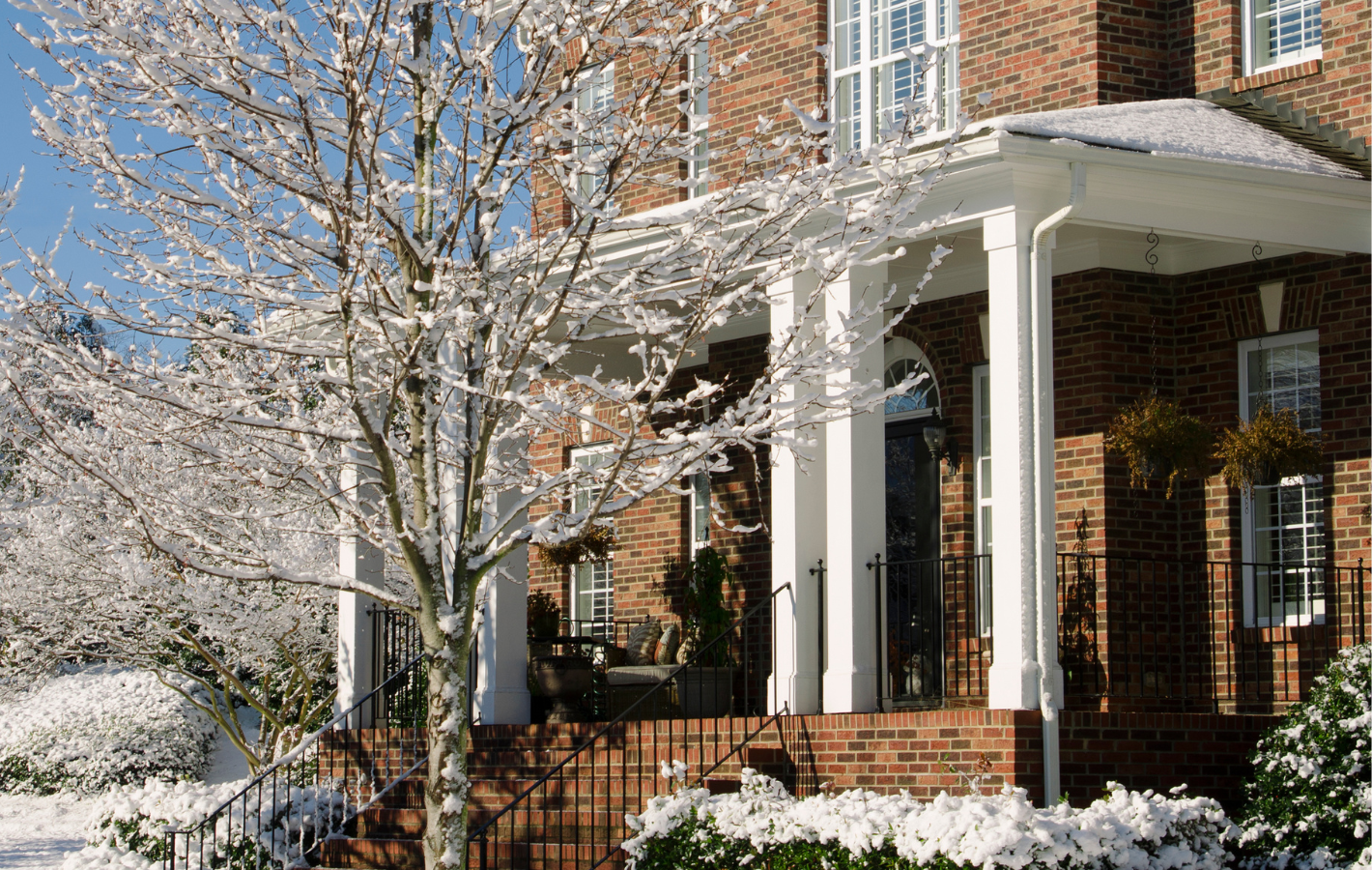
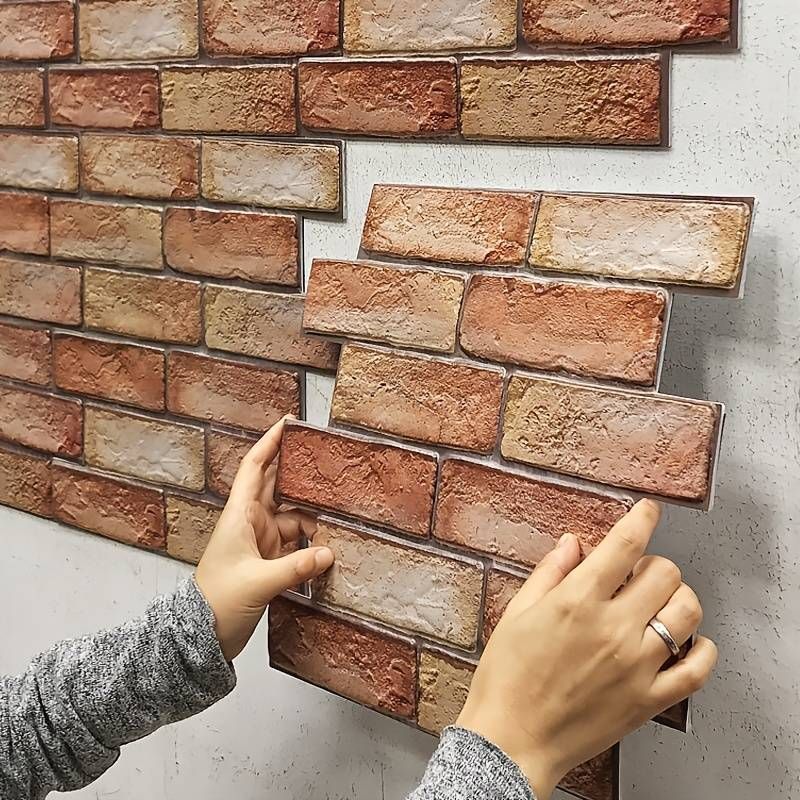

All Rights Reserved | Magnolia Brick & Architectural Products
